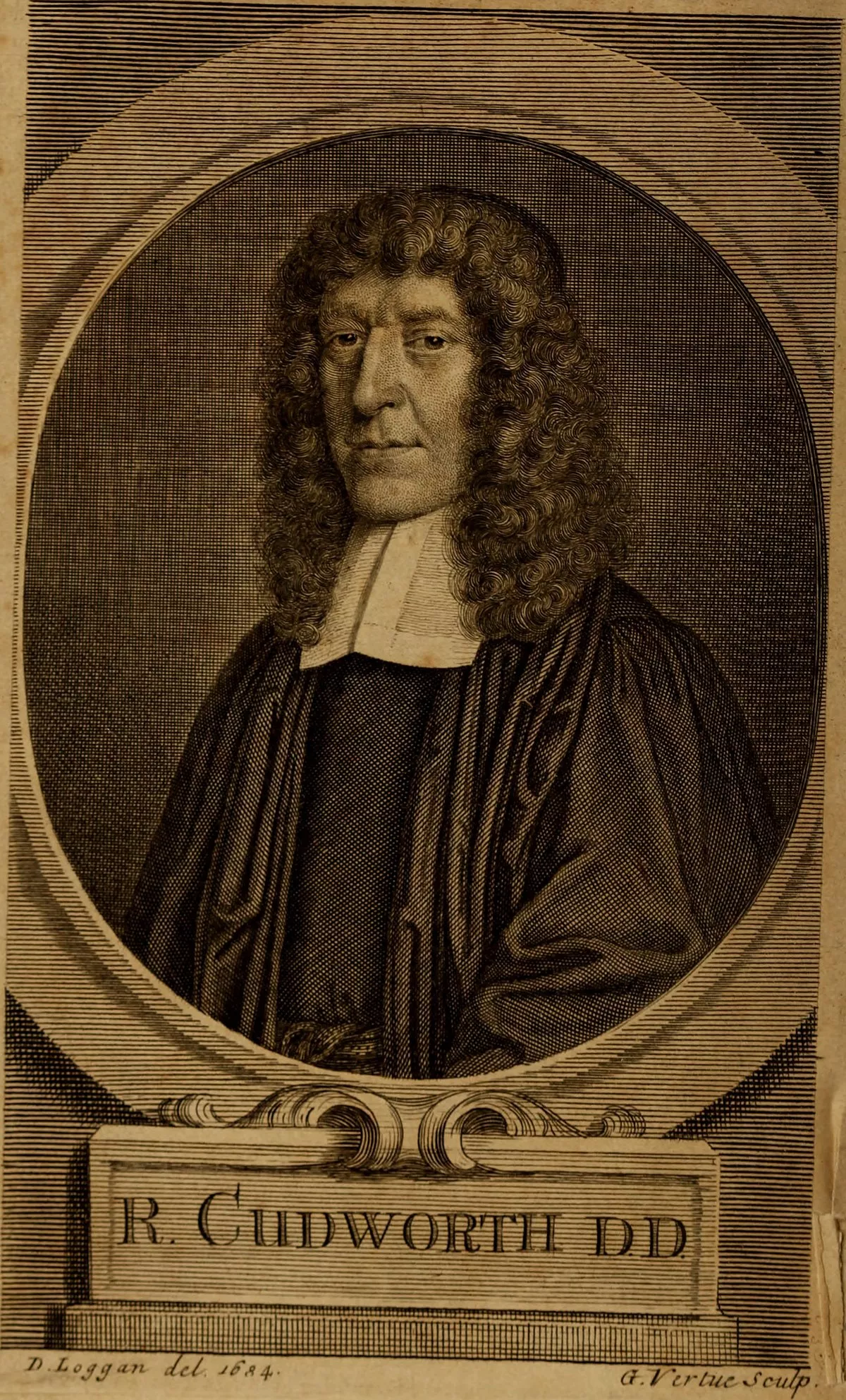 1.
1. Ralph Cudworth was an English Anglican clergyman, Christian Hebraist, classicist, theologian and philosopher, and a leading figure among the Cambridge Platonists who became 11th Regius Professor of Hebrew, 26th Master of Clare Hall, and 14th Master of Christ's College.